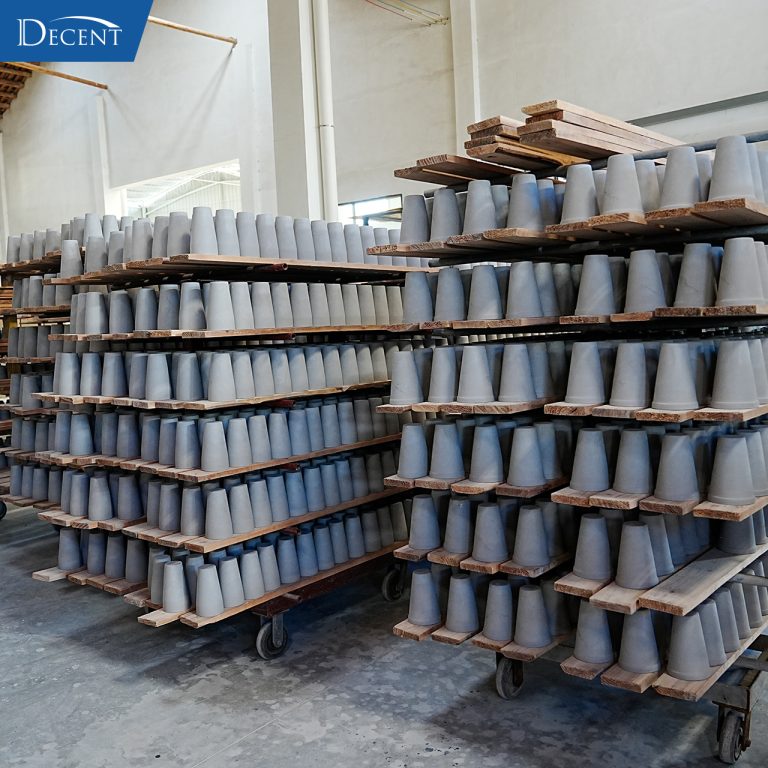Exploring the Ultimate in Metals, Understanding the Exceptional Properties of Metals
The wonders of nature, although we have already experienced them on our exploration journey, are not yet fully understood.
Below, we will introduce you to some “metal superlatives” to help you understand the exceptional properties of these metals.
① The Hardest Metal – Chromium
Currently, the hardest known natural substance in the world is diamond. However, in the world of metals, chromium’s hardness is not far behind, earning it the prestigious title of “tough nut.”
② The Softest Metal – Sodium
With a Mohs hardness of 0.4, sodium can be cut with a knife at room temperature. Sodium also happens to be the most abundant metal element in seawater.
③ The Highest Melting Point Metal – Tungsten
Tungsten’s melting point reaches an astonishing 3410°C and is widely used in light bulbs.
④ The Lowest Melting Point Metal – Mercury
Mercury, with a melting point of -39.3°C, is the only metal that remains in a liquid state at room temperature and standard pressure.
⑤ The Most Cold-Sensitive Metal – Tin
Tin starts to crumble at temperatures below -13.2°C. When the temperature drops to -30 to -40°C, it immediately turns into a powder, a phenomenon often called “tin pest.”
⑥ The Most Expensive Metal – Californium
The price of just 1 gram of Californium is around 1 billion US dollars, making it a truly precious metal.
⑦ The Heaviest Metal – Iridium
Iridium has a density approximately 2 times that of lead and 3 times that of iron, reaching 22.59g per cm³.
⑧ The Lightest Metal – Lithium
Lithium is only half the weight of water and can float on its surface. It can also float in kerosene.
⑨ The Most Toxic Metal to Humans – Plutonium
Plutonium is lethal at a level 4.86 billion times more deadly than cyanide and is one of the most potent carcinogens. Just 1×10-6 grams of plutonium can cause cancer in a person.
⑩ The Most Reactive Metal – Cesium
Theoretically, the most reactive metal should be francium, but due to its unstable nucleus, francium-223 has a half-life of only 21 minutes, making it impractical for experimental research. Consequently, cesium, also an alkali metal, becomes the genuinely most reactive metal. Cesium is golden yellow, highly reactive in the air, and can react explosively with water.
Cesium emits current when exposed to light and can be used in various phototubes.
⑪ The Most Corrosion-Resistant Metal – Tantalum
Tantalum does not react with hydrochloric acid, concentrated nitric acid, or “aqua regia” in both cold and hot conditions. After a year in concentrated sulfuric acid at 175°C, its corrosion thickness is only 0.0004 millimeters.
⑫ The Most Corrosion-Resistant Metal – Iridium
Iridium exhibits exceptional chemical stability against acids and can resist nearly all acids, aqua regia, molten metals, and even silicates at high temperatures.
⑬ The Best Conductor of Electricity and Heat – Silver
Silver’s chemical properties are highly stable, and it doesn’t readily corrode in the air or react with oxygen, even when heated. It has the highest electrical conductivity among common metals, surpassing mercury and copper.
⑭ The Most Abundant Radioactive Element in Seawater – Uranium
Uranium is a dense, malleable, silver-white, radioactive metal that exhibits superconductivity and ductility at temperatures approaching absolute zero. It’s worth mentioning that after the discovery of uranium fission in 1938, uranium became a major nuclear material.
⑮ The Most Uniquely Colored Metal – Copper
Pure copper is purple-red in color.
⑯ The Best Ductile Metal – Gold
One gram of gold can be drawn into a 4000-meter-long wire. When beaten into gold leaf, it can be as thin as 5×10-4 millimeters.
⑰ The Most Malleable Metal – Platinum
The thinnest platinum wire has a diameter of only 1/5000 mm.
⑱ The Most Important Metal in Aerospace – Titanium
Titanium is a gray transition metal known for its lightweight, high strength, and excellent corrosion resistance, earning it the nickname “space metal.”
⑲ The Most Produced Metal – Iron
Iron is the most produced metal in the world, with global crude steel production reaching 1.6912 billion tons in 2017. Iron is also the second most abundant metal element in the Earth’s crust.
⑳ The Purest Metal in the World – Germanium
Germanium purified using zone melting technology can reach a purity of “thirteen nines” (99.99999999999%).
㉑ The Most Abundant Metal – Aluminum
Aluminum constitutes as much as 8% of the Earth’s crust.
㉒ The Scarcest Metal – Polonium
Polonium’s natural abundance in the Earth’s crust is approximately one part in a quadrillion. It is primarily obtained through artificial synthesis.
There are still many unknown metal ores waiting for us to explore. In the future, as humanity progresses and technology advances, we will discover more metals, ores, and elements, unveiling even more of their miraculous properties.




